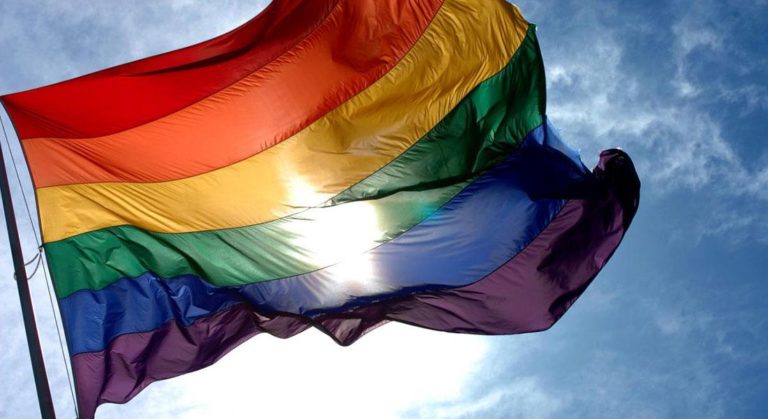

Alabama’s Governor Kay Ivey has signed a bill that will update the US state’s sexuality education law, removing inaccurate and stigmatizing language about lesbian, gay, bisexual, and transgender (LGBT) people.
Previously, Alabama state law required that sexuality education emphasize “that homosexuality is not a lifestyle acceptable to the general public” and “homosexual conduct is a criminal offense under the laws of the state.”
The instruction was not only stigmatizing, but highly misleading. In 2003, the US Supreme Court ruled that bans on same-sex activity are unconstitutional and cannot be enforced.
Writing condemnation of LGBT people into school curricula puts LGBT children and youth at risk. Comprehensive sexuality education provides young people with accurate, appropriate information to be safe and healthy as they become sexually active. It can also help raise awareness around serious health risks such as the human papillomavirus (HPV) and related cancers. Requiring teachers to peddle misinformation and stigma in schools not only leaves young people in the dark but sends a dangerous and dehumanizing message that something is wrong with them.
Students and teachers in Alabama told Human Rights Watch this censorship around LGBT issues had a chilling effect. In schools where students face rampant bullying and slurs, they reported rarely, if ever, hearing positive messages about LGBT people from school officials. While the law specifically pertained to sexuality education, teachers were uncertain how far it extended and worried about backlash from parents or administrators if they taught about any LGBT topics.
But Alabama is not the only state contending with dangerous anti-LGBT curriculum laws. While Utah, Arizona, and South Carolina have recognized these laws are harmful and repealed them in recent years, Louisiana, Mississippi, Oklahoma, and Texas continue to keep them in place, putting LGBT kids at risk.
Removing anti-LGBT language is one of many important steps to make sexuality education in Alabama comprehensive and effective, and to make schools more welcoming to LGBT youth. Lawmakers should continue to develop and implement comprehensive sexuality education that is age-appropriate, scientifically and medically accurate, and responsive to the needs of all young people.